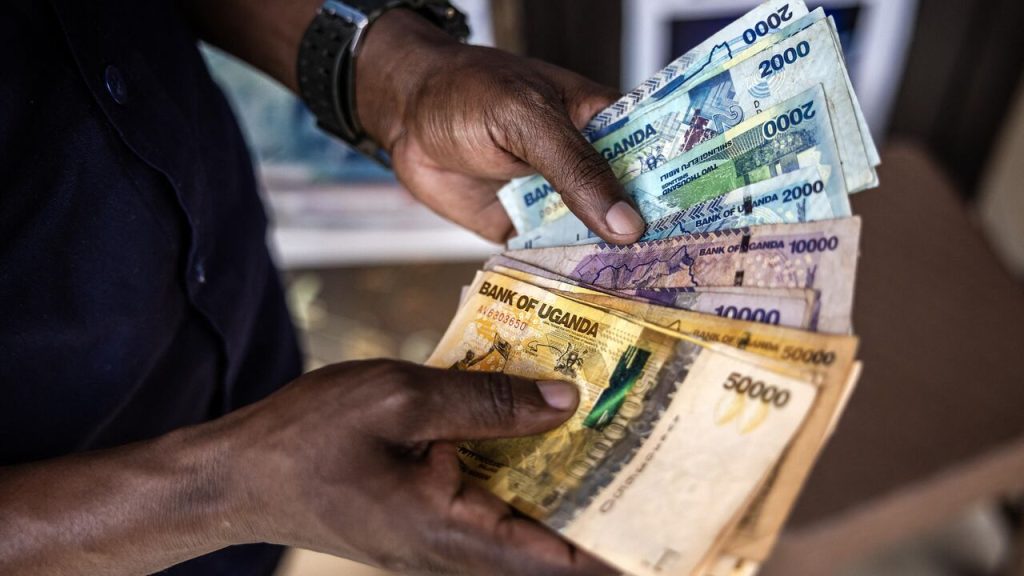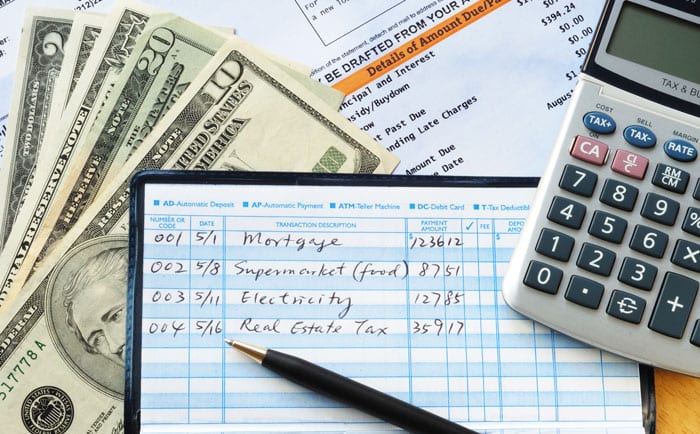In today’s economic climate, saving money is more important than ever. Many people in Uganda are looking for ways to cut back on expenses and increase their savings. One effective strategy is to evaluate your spending habits and identify items you can stop buying or reduce consumption of. By making mindful choices and prioritizing essential expenses, you can significantly improve your financial situation. In this post, we’ll explore some things you can stop buying to save money in Uganda.

- Bottled Water
While it’s essential to drink clean water, buying bottled water regularly can add up quickly. Consider investing in a water purifier or reusable water bottles with filters, which can provide a more cost-effective and environmentally friendly solution.
- Takeaway Food and Dining Out
Eating out frequently or ordering takeaway can strain your budget. Instead, try cooking at home more often and preparing meals in advance. Not only will this save money, but it can also lead to healthier eating habits.
- Branded Products
Branded items, from clothing to household goods, often come with a premium price tag. Opt for generic or locally produced alternatives, which can offer similar quality at a lower cost.
- Unnecessary Subscriptions
Review your monthly subscriptions, such as streaming services, magazines, or gym memberships. Cancel any that you no longer use or can live without. Many free or low-cost alternatives provide similar value.
- Impulse Purchases
Avoid buying items on impulse, whether it’s clothing, gadgets, or snacks. Before making a purchase, ask yourself if it’s necessary and if you can afford it. Implementing a 24-hour rule before buying non-essential items can help curb impulsive spending.
- Expensive Beverages
Daily purchases of coffee, sodas, or alcoholic drinks can quickly add up. Consider making your coffee at home and cutting back on expensive drinks to save money.
- New Electronics
While it can be tempting to upgrade to the latest gadget, electronics can be a significant expense. Keep using your current devices until they need replacing, and consider buying refurbished or second-hand items when possible.
- Excessive Clothing
Instead of frequently buying new clothes, focus on building a versatile wardrobe with essential pieces. Buy quality items that last longer and consider swapping clothes with friends or shopping at thrift stores for more affordable options.
- Plastic Bags
Though a small expense, plastic bags can add up over time. Invest in reusable bags for shopping to save money and reduce environmental impact.
- Lottery Tickets
While the idea of winning big is enticing, the odds are not in your favor. Instead of spending money on lottery tickets, consider saving or investing that money for a more reliable financial return.
Conclusion
Saving money in Uganda requires thoughtful consideration of your spending habits and making conscious choices to reduce unnecessary expenses. By stopping or cutting back on certain purchases, you can significantly boost your savings and improve your financial health. Remember, the key to successful saving is consistency and commitment to making smarter financial decisions. Start by implementing these changes today, and watch your savings grow over time.




Facts